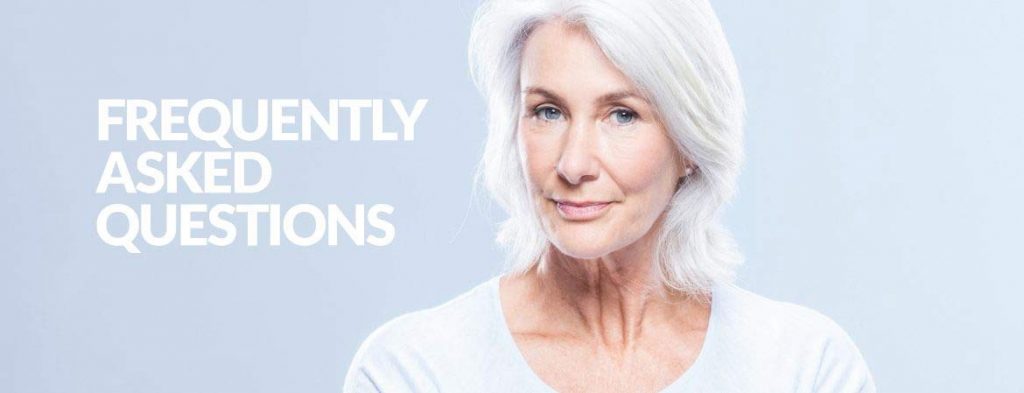Frequently Asked Questions (FAQs)
- Do I need an appointment to see one of your optometrists?
- How long should I allow for the appointment?
- What should I bring to my appointment?
- If I wear contact lenses, should I wear them in?
- Is there an out of pocket cost associated with a consultation?
- What is involved in an eye examination?
- When should my child have their first eye exam?
- Will I be examined for diabetes, glaucoma, cataracts and macula degeneration?
- What is a dilated fundus examination?
- Can my eye disease be treated here?
- How often should I have my eyes examined?
- Will I always see the same optometrist?
- Do you accept private health insurance? Can I claim at the practice?
Do I need an appointment to see one of your optometrists?
For a regular appointment you will need to make an appointment to see one of our Optometrists. However, if you have an ocular emergency, we will always fit you in on the day. We also take bookings online. You can do this or our Facebook page, ‘EyeCare Plus Cranbourne’.
How long should I allow for the appointment?
You should allow 45 minutes for each initial consultation and 20-30 minutes for any review consultations.
What should I bring to my appointment?
If you have been referred from your GP or any other practitioner, you should bring your referral letter, along with your spectacles and prescription sunglasses. Many medications can affect your eyes so it’s important that you also bring a list of these.
If I wear contact lenses, should I wear them in?
Yes, however, you should also bring your prescription spectacles.
Is there an out of pocket cost associated with a consultation?
For initial appointments:
We bulk bill all our patients who are 65 years or over and anyone with a Health Care or Pension card. For these patients there is a $15 out of pocket gap. For patients who are younger than 65 and who are not on a Health Care card or Pension card, the cost for the consultation is $82 and you will receive $56 Medicare rebate (which can be deposited into your bank account on the spot).
For review appointments:
Most review appointments are bulk billed with no out of pocket expenses. Some shorter consultations may be charged for, in which case you will still receive a Medicare rebate, and there may be a $15 fee.
Please note: your Optometrist may want to order further investigations and these may attract further fees.
What is involved in an eye examination?
The optometrist will assess your sight, visual functioning and ocular health and discuss the findings with you, including any treatment that they think may be necessary. < More Information >
When should my child have their first eye exam?
All newborns will be checked by a maternal health nurse at birth for gross abnormalities. If there are no concerns, our Optometrists recommend eye examinations at age 1, 3 and 5 and thereafter as advised by your Optometrist. However, children should be examined at any age if the parents and family members, doctor, maternal health nurse have concerns.
Will I be examined for diabetes, glaucoma, cataracts and macular degeneration?
Yes. If you are suspected of having any of the above conditions, your Optometrist may order further examinations such as visual field testing, digital retinal imaging and/or optical coherence tomography (OCT).
What is a dilated fundus examination?
To view the internal structure of the eye, sometimes it is necessary to use drops that dilate your pupil. This allows for a more detailed examination of the back of the eye. It is not uncommon for your Optometrist to order other investigations such as retinal imaging or optical coherence tomography (OCT) at the same time. The drops may blur your vision for a couple of hours or more and we suggest that you bring a driver with you.
Can my eye disease be treated here?
In many cases, yes Our Optometrists are therapeutically-endorsed to prescribe prescription medications for a range of ocular conditions. When necessary, we will communicate these findings to your GP or medical specialist or if necessary, refer to the appropriate practitioner.
How often should I have my eyes examined?
This will vary from patient to patient. Depending on your systemic and ocular health, your Optometrist will advise you how often you should be examined; as a general rule-of-thumb, every two years. If you have diabetes, it will most likely be at least annually.
Will I always see the same optometrist?
Every attempt will be made for you to see your regular optometrist however if you are arriving for an urgent consult, it may be whoever is available
Do you accept private health insurance? Can I claim at the practice?
Yes we can process your claim in the practice for you. We accept most major health funds.
Interested to Know More? To make an appointment with one of our optometrists at Eyecare Plus Optometrists Cranbourne or contact our practice during business hours.

